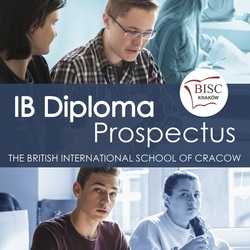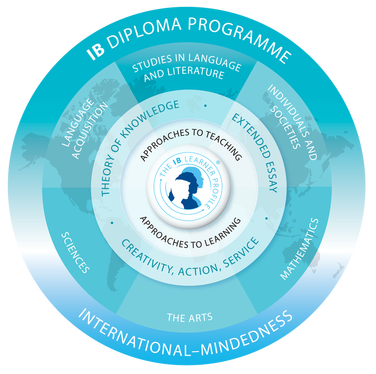LearningFoundationPrimarySecondaryIB
Polish Programme |
Geography
Why Geography?
|
|
Academic Skills
Biology Business & Management Chemistry Computer Science English A Literature English B Environmental Systems & Societies French A Language & Literature French B German A Literature German B Geography |
History
Mathematics Music Spanish B Physics Polish A Literature Portuguese B Psychology Theatre Theory of Knowledge Visual Arts |
Leadership
Patrick Lagendijk
IB Co-ordinator
Downloads
IB Handbook










